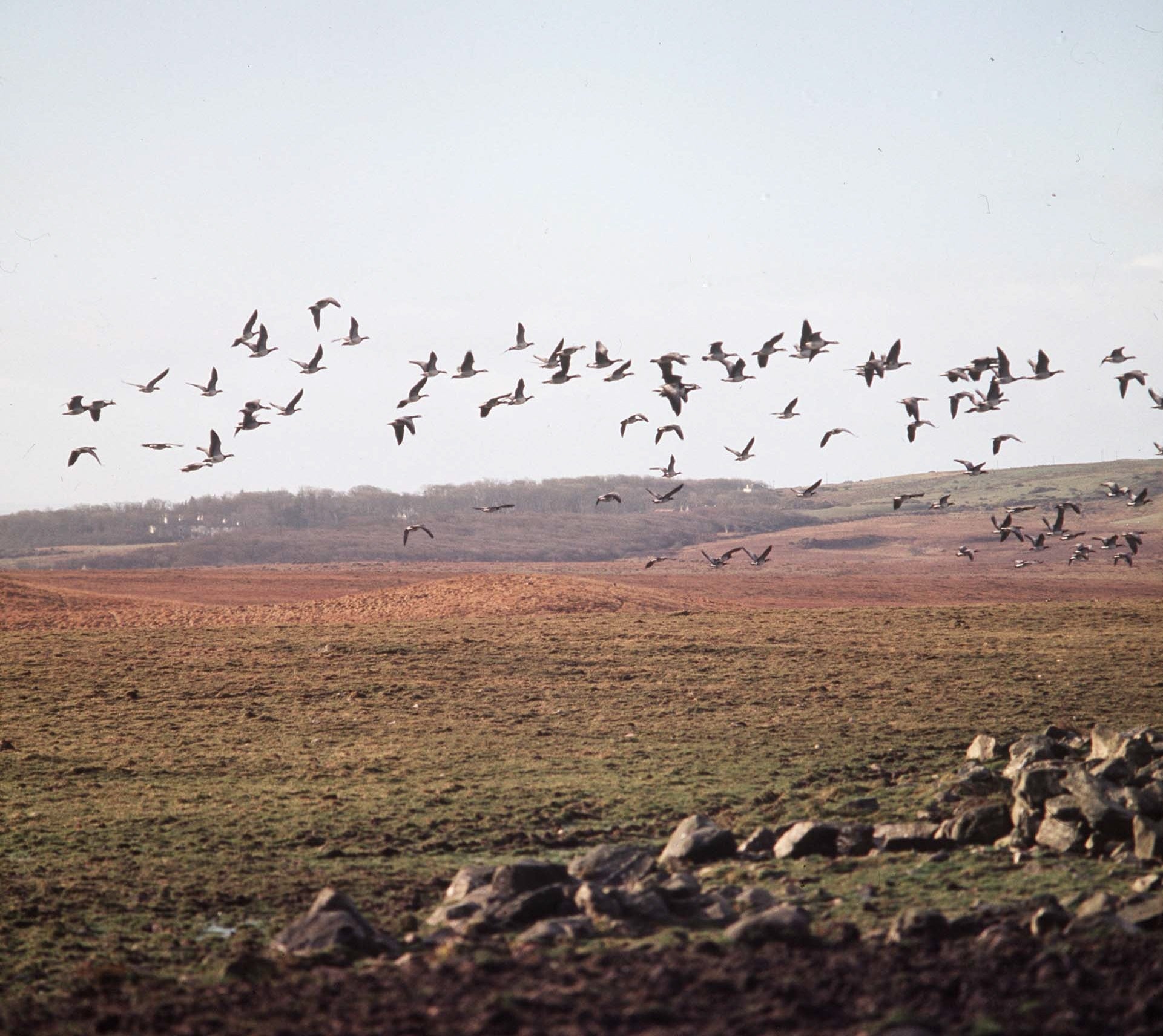Bird flu at ‘phenomenal’ level in UK, chief vet warns
Thirty-eight premises, including farms and bird sanctuaries, are currently infected with the disease

Your support helps us to tell the story
From reproductive rights to climate change to Big Tech, The Independent is on the ground when the story is developing. Whether it's investigating the financials of Elon Musk's pro-Trump PAC or producing our latest documentary, 'The A Word', which shines a light on the American women fighting for reproductive rights, we know how important it is to parse out the facts from the messaging.
At such a critical moment in US history, we need reporters on the ground. Your donation allows us to keep sending journalists to speak to both sides of the story.
The Independent is trusted by Americans across the entire political spectrum. And unlike many other quality news outlets, we choose not to lock Americans out of our reporting and analysis with paywalls. We believe quality journalism should be available to everyone, paid for by those who can afford it.
Your support makes all the difference.The UK’s chief vet has issued a warning about a “phenomenal level” of bird flu in the county.
Tens of thousands of farmed birds have already been culled and the current number of confirmed infected premises, 38, is the UK’s largest ever.
The UK’s chief veterinary officer Christine Middlemiss told the BBC that the “phenomenal level” of bird flu will have “huge human, animal and trade implications”.
She said the disease was being spread by migratory birds flying back from the north of Russia and eastern Europe, and insisted further research was needed to prevent a worsening outbreak in the future.
She also said that lessons learned from the 2001 foot-and-mouth outbreak are being used to try and control the outbreak.
Risk to human health is low but infected birds should not be touched. The availability of eggs in supermarkets is unlikely to be affected because the number of farms affected is low compared to overall egg production.
The UK is also only a few weeks into the migratory season, which normally goes on until March.
Dr Middlemiss said: “We are going to need to keep up these levels of heightened biosecurity for all that time.
“We can’t wait until another year and have an even bigger outbreak. So, we will be working not just with our own scientists but internationally, to understand more of what we can do about what’s behind it.”
An avian influenza prevention zone was declared across the UK on 3 November. It was extended on 29 November, requiring all bird owners to keep the animal indoors.
Dr Middlemiss assured customers that there would not be any food supply issues caused by the flu outbreak, but added: “It is devastating for those individual companies involved. It’s also devastating for people who keep yard flocks.”
The 38 affected premises include bird sanctuaries, small flocks kept in gardens, and some large commercial farms.
The first detection of the H5N1 strain of the disease was found at a swan sanctuary in Worcester on 15 October.
Peregrine falcons, curlews and barnacle geese are now just some of the wild bird species that have died from the outbreak.
In November dead swans were found near the Diglis Basin in Worcester.
The RSPB said: “Everyone should take care to maintain good hygiene when feeding garden birds, regularly cleaning feeders outside with mild disinfectant, removing old bird food, spacing out feeders as much as possible, and washing your hands.”
Join our commenting forum
Join thought-provoking conversations, follow other Independent readers and see their replies
Comments